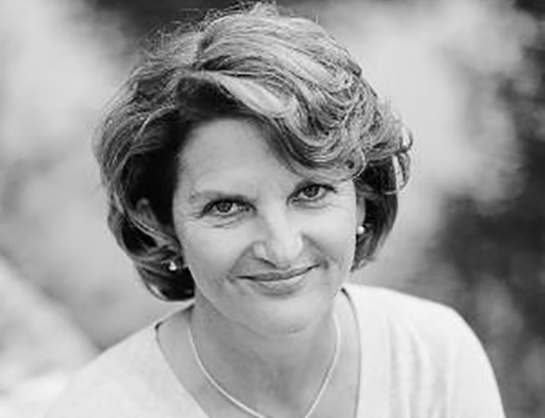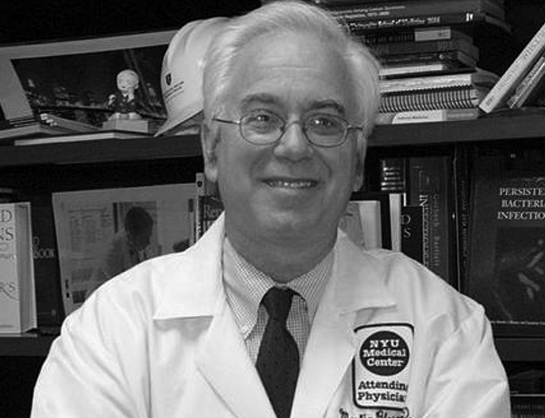Dr. Dietert is a Professor in the Department of Microbiology and Immunology. He received the BS degree in Zoology from Duke University in 1974 and his PhD from University of Texas at Austin in 1977. Dr. Dietert has been: Director of Graduate Studies for the Graduate Field of Immunology, Senior Fellow in the Center for the Environment, Director of the Institute for Comparative and Environmental Toxicology, Director of the Program on Breast Cancer and Environmental Risk Factors and President of the Immunotoxicology Specialty Section of the Society of Toxicology. His research on the immune programming and the developmental basis of childhood and adult disease has been supported by the NSF, the USDA, the NIH and industry.

Dr. Dietert’s research and public health interests concern risk reduction for noncommunicable diseases (also known as chronic diseases). The initiatives include: 1) microbiome-based strategies for self-completion of the infant and microbiome management for improved later-life health, 2) determination of immunological risk in early life from environmental chemicals, foods, and drugs, 3) identification and prevention of co-morbid, noncommunicable diseases, and 4) integrated approaches to reduce the risk of noncommunicable diseases.
This website is a resource for those interested in the growing epidemic facing our communities. Research experts listed on this website are not liable for any content on this website. We have simply listed them so that the public is aware of the great research being done to address modern epidemics. Please come back to the site often as we grow our resources.

